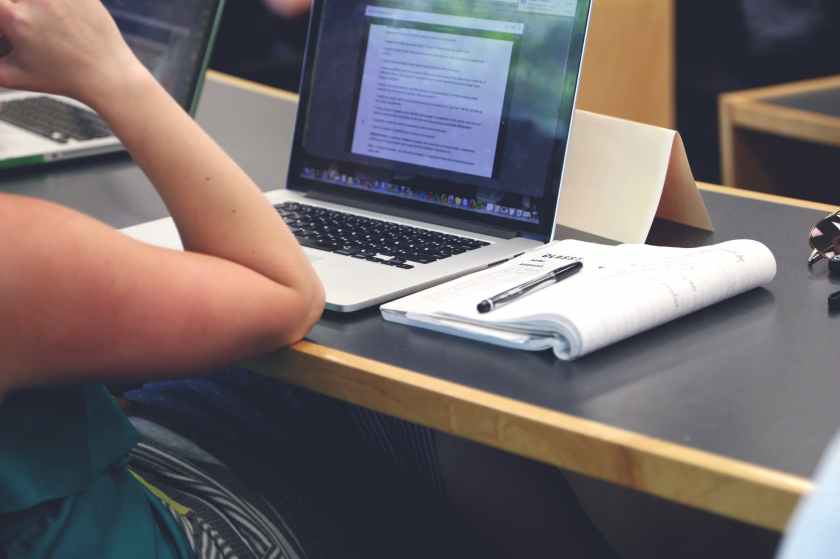
As I was doing our weekly readings (I’ve read or seen them before, but didn’t really stick with me like the first) Andrew had some great ideas that got me thinking about true ownership. The idea about “assignments” got me thinking if I’m giving my students ownership or just assignments to complete? (Andrew Rickard, 2015) So that led me to questions like how do I get them to take ownership of their own work in my school setting? What would that look like?
Next thing I got to thinking is the audience and the “teacher with the red pen” statement. Again how do I get students interested in getting them to have authentic collaboration and discussions online? We’ve implemented our Schoology system but I usually find myself uploading resources for them to use.
I feel like I am constantly thinking about the class, program and keeping the end goal in mind, and I believe that true ownership is the key to making my portfolio a success not for future jobs, but for myself, and the COVA model has been eye-opening. The posts I’m writing are authentic and I look back at them, reread them, and I can see the growth I’ve made during it.
Thinking back to why I joined this class, I remembered that I wanted an authentic experience that put me in control of the learning and not at the mercy of the teacher and that’s what I have here. Although it gets a grade, we’re not worried about it because that pressure is not put on us to get a good grade, but have a product that you can continuously work on, shape and mold, and make it your own. It’s not a “one time” assignment that gets feedback or doesn’t get feedback and that’s it.
Dr. Harapnuik and I have had several conversations about improving my products and about just playing around with programs and see what works. I’ve enjoyed those learning experiences, but would’ve never done them if I never asked or if he never said. It’s important to get those authentic experiences and not just have them, but going back to last week, we have to reflect on them, not just have the experience and that’s what the eportfolio allows us to do, to authentically have the experience, share it, and reflect on it in a blog post.
Work Cited
Rickard, A. (2015) Do I Own My Domain If You Grade It?
Harapnuik, D., Thibodeaux, T., & Cummings, C. (2018). Choice, Ownership, and Voice through Authentic Learning